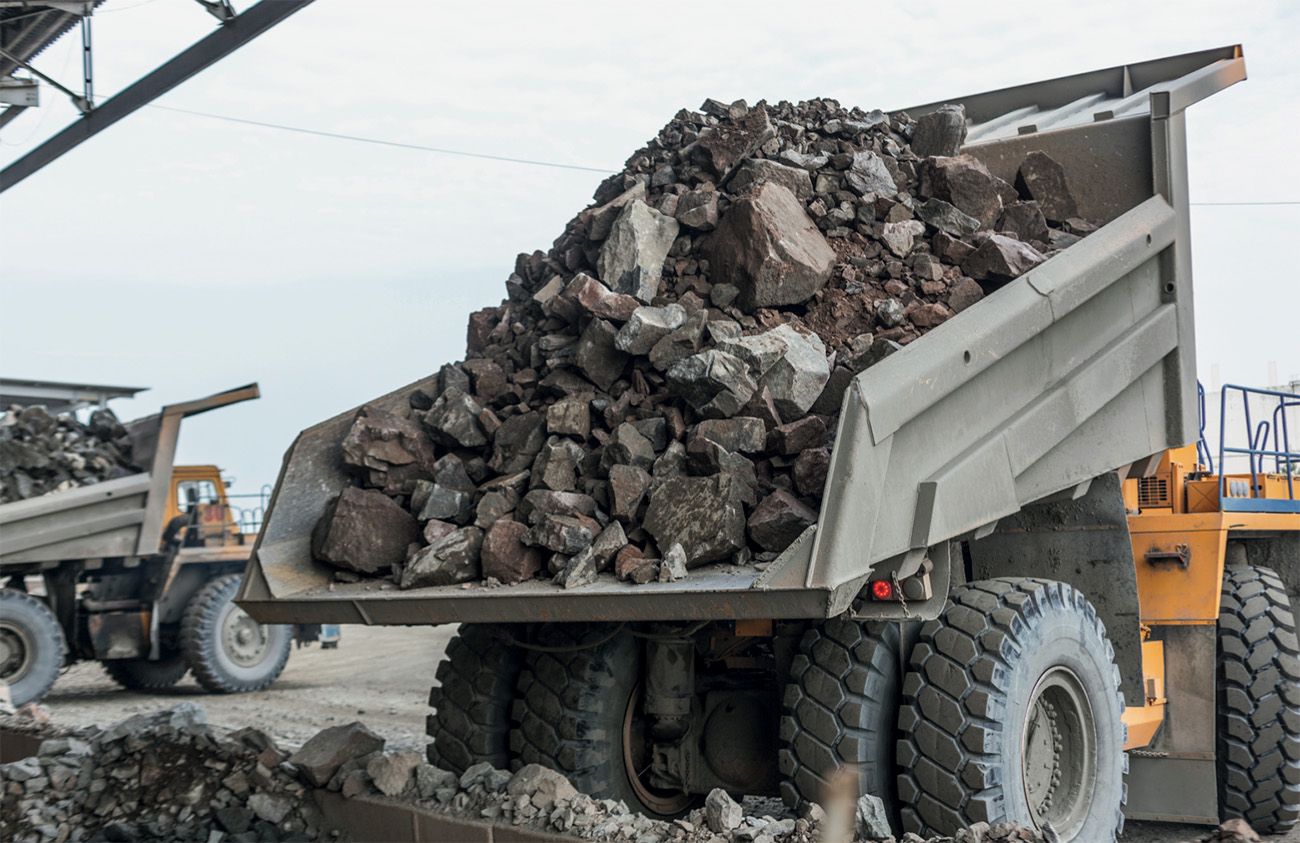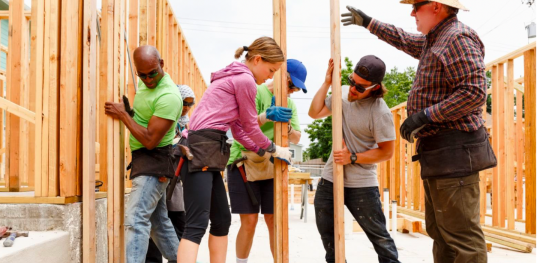Investigating training advisors in work-based learning in the construction and infrastructure sectors
Training advisors support employers and apprentices in work-based learning for a productive workforce. Focused on construction and infrastructure, this project aims to enhances vocational education in New Zealand, by analysing systemic forces for workforce development alongside future trainer considerations.

Project outputs
See AllThe issue
The Code of Good Practice for New Zealand Apprenticeships indicates that there are three parties to NZ Apprenticeship, one being the tertiary education provider.
The Code of Practice states “the responsibilities of the tertiary education provider are to facilitate the training and support both the apprentice and the employer throughout the apprenticeship”.
This project seeks to understand how different tertiary providers facilitate the training and support for the apprentice and employer during a training programme to support building capacity for greater success for ākonga participating in vocational education in Aotearoa New Zealand
Intended outcomes
- Literature Review
- Report
The steps
- Step 1: Literature review
- Step 2: Data Collection, Survey and Focus Group
- Step 3: Final Report
Contract Research Organisation: Allen and Clarke
Project expected delivery date: 19th July 2023
Project Status: Complete
Contract Research Organisation: ConCOVE
Related projects
Funding of workplace training and work-integrated learning for the construction and infrastructure industries
Funding of workplace training and work-integrated learning for the construction and infrastructure industries
Evaluation of government policy settings for apprentices
Understand the extent to which government apprenticeship policy settings are working

Supporting technical experts to become work-based trainers
Developing and trialing tools and resources that support work-based trainers to improve their practice

VET in schools: towards a model for Year 12 & 13 in New Zealand schools
VET in schools: towards a model for Year 12 & 13 in New Zealand
Degree-level apprenticeship (DLA) comparative pilot
Degree-level apprenticeship pilots
The place of micro-credentials in New Zealand
The place of micro-credentials in New Zealand

Civil Construction: A requirement for a robust and reliable training pipeline
Providing recommendations to combat the skilled labour shortage
Offsite manufacturing workforce forecast
Forecasting the size of the offsite manufacturing workforce required across the next 5-10 years

Workforce journey indicators data dashboard
A data project to understand how people navigate in and out of the construction workforce
A more effective model of support for Māori Level 4 Carpentry apprentices – reducing the time it takes to get qualified
Using kaupapa Māori interventions to increase the number of qualified Māori builders
Where is the front door? An investigation into the workforce entry points within the Construction and Infrastructure sector
Mapping the multiple entry points into the construction and infrastructure sectors

Environmental competency training
Ascertaining the specific skills required to meet the government’s environmental goals
Framework for Māori in high-skill roles
Understanding skills shortages experienced by Māori firms to support Māori into high-skill roles

From skilled industry practitioner to Kaiako
Analysing the current kaiako training to identify effective practices in classroom-based tertiary education

Temporary traffic management credentials framework
Informing the development of an improved TTM Credentials Framework

The New Zealand Quarrying Industry’s Possible Futures Toward 2030
Predicting the trends that will impact the quarrying industry to guide quarrying practice
Women’s experiences working in Construction and Infrastructure
Women’s experiences working in Construction and Infrastructure
Skill standards
Good Practice in the Development and Implementation of Skill Standards-Based Qualifications
Neurodiversity
Neurodiversity
Pathways to Successful SMEs
Pathways to Successful SMEs
A Case Study: Cook Brothers Apprentice Academy
A Case Study: Cook Brothers Apprentice Academy

AI Generated Assessment
Using artificial intelligence to create high-quality, engaging, and personalised assessments
A Case Study: Augmented reality in welding training
A Case Study: Augmented reality in welding training
ConstrucTrend: Vocational Workforce Survey
ConstrucTrend: Vocational Workforce Survey
